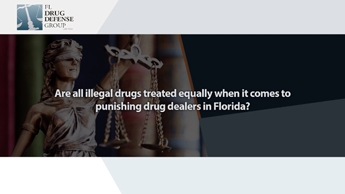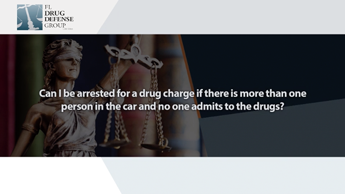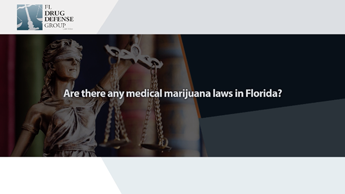What’s With All the Fuss About Chroming?

If you are the parent of a teenager, it is likely that someone has recently shared content with you online about the dangers of chroming, a supposedly new trend. Just like those songs from the vinyl record era that play in the background of widely publicized Tik Tok videos, chroming is not new. When you were a student in the 1980s, and “say no to drugs” assemblies were part of the curriculum, your guidance counselor, who probably chain-smoked cigarettes on his morning commute to school or drank like a fish in the evenings, warned you about inhalant abuse. Back then, you knew that rubber cement smelled better than it should, and now it is one of many ordinary household products with abuse potential that have either been withdrawn from the market entirely or locked in cases that you cannot access unless an employee with a key opens them for you. Given that inhalants are products that we use for harmless purposes every day, how can the police tell whether you were planning on using a whiteboard marker to get high or to write on a whiteboard? If you are facing criminal charges related to inhalant abuse, contact a Florida drug offenses attorney.
How Can the State Criminalize Inhalants When They Are Ordinary Household Products?
Yes, Florida has a law criminalizing the abuse of inhalants. It makes it a criminal offense to inhale or ingest any of the 16 chemicals listed in the text of the statute. These chemicals are common in household products; almost everyone uses them, just not to ingest or inhale. For example, acetone is the active ingredient in most nail polish removers, and pouring it on a cotton ball and then cleaning your fingernail with it is perfectly legal, but pouring it on a cotton ball and then holding it in front of your nose and taking a deep breath is not. Likewise, using a whipped cream canister to put the finishing touches on an ice cream sundae is legal, but taking the nitrous oxide cartridge out of the canister and inhaling it is not.
How can prosecutors tell whether you were going to use a product that contains a chemical associated with inhalant abuse for legal purposes or illegal ones? A bottle of nail polish remover in your car is not necessarily evidence of inhalant abuse, just as a spoon in your car is not necessarily drug paraphernalia. If prosecutors use an ordinary household item as evidence against you in a drug crime case involving inhalants, you still have a chance to cast doubt on your guilt. Unless there is other evidence to support the allegations, it is easy enough to argue that the evidence does not clearly prove the charges.
Contact FL Drug Defense Group About Drug Cases
A Central Florida criminal defense lawyer can help you if you are being charged with illegal use of inhalants. Contact FL Drug Defense Group in Orlando, Florida to discuss your case.
Sources:
flsenate.gov/Laws/Statutes/2012/877.111#:~:text=(1)%20It%20is%20unlawful%20for,methyl%20isobutyl%20ketone%2C%20ethylene%20glycol
wxow.com/news/chroming-is-killing-some-kids-experts-explain-this-trend/article_a6b70c75-5972-5b6e-b4eb-cec37a999913.html







